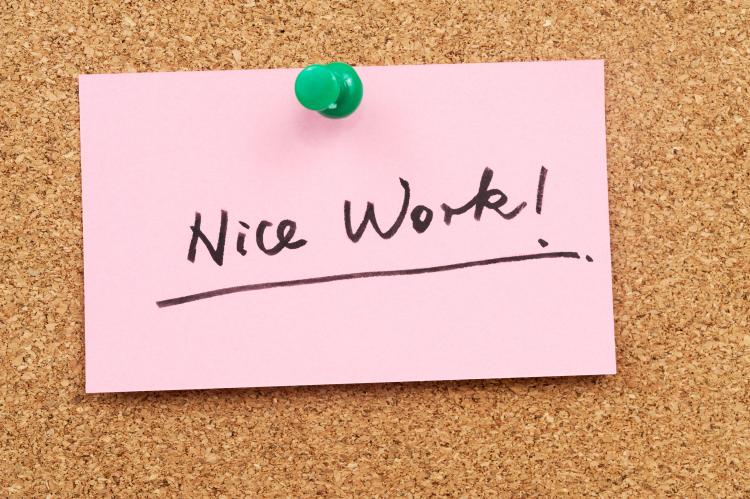March 3, 2021|י"ט אדר ה' אלפים תשפ"א I Love Your Earrings
Print Article
Several years ago, on a trip to the Museum of Natural History in Manhattan, my children and I joined a small tour. The guide who took us around patiently gave the background and offered fascinating insights into all that we saw. She spoke with great enthusiasm about historic and pre-historic times and spoke passionately about each display.
About fifteen minutes into the tour, my daughter Atara, four years old at the time, raised her hand to ask a question. With a gleam in her eye and a big smile on her face, eager to interact with a young child taking an interest in her life’s work, the guide said, “Absolutely, ask me anything.” I must admit that I, too, was very curious what fascinated my little girl so much and what question she would ask. My daughter looked up and said, “I love your earrings, where did you get them?” I will never forget the feeling of wanting to be swallowed whole by the tyrannosaurus rex in the room. While it wasn’t exactly the question she was looking for, the guide couldn’t help but smile from the compliment.
You probably didn’t know it, but March 1st was World Compliment Day. First initiated in the Netherlands in 2001, this holiday has gained in popularity and spread across the world, with people making a concerted effort to offer compliments, specifically on that day. The founder of World Compliment Day explained why he started it: “Nothing stimulates more, gives more energy, makes people happier and, as far as business is concerned, increases productivity and commitment faster than sincere appreciation. So why not use it a little bit more?”
Giving compliments and offering positive feedback shouldn’t be reserved for one day a year and shouldn’t be so unusual they are cause for a holiday and celebration. Compliments are a critical part of life.
The Gemara (Kerisus 6b) tells us that when the spices of the ketores, first identified in our Parsha, were being ground and mixed, someone was appointed to say “hadeik-heitev, heitev-hadeik” (grind thoroughly, thoroughly grind).” The Gemara continues that this is consistent with the opinion of Rav Yochanan who said: Just as speech is detrimental to wine, so too is speech beneficial for spices.” Based on the Yerushalmi (Yoma 4:5), we incorporate this idea into the korbanos we recite daily: “As one would grind the incense, he would say: ‘Grind thoroughly, thoroughly grind’ – because the sound is beneficial for the spices, mipnei she’hakol yafeh la’besamim.”
How does a voice impact the grinding of spices? The Abarbanel explains that saying these words in this pattern creates a rhythm which helped the one grinding and resulted in more finely ground spices.
But there is an alternative explanation that I find very powerful. When the Kohen is grinding it can be tedious, boring, and rote. The Kohen may not feel like continuing, may not see the progress or feel what he is doing is important. Ha’Kol yafe la’besamim, the voice of the person giving encouragement, offering a compliment, lending a positive word will mean everything to the Kohen and provide exactly what he needs to hear to not only keep going, but to give it his all.
Words of encouragement and compliments make an enormous difference. As an article this week in Harvard Business Review highlights:
Gratitude makes people feel valued, and positive feedback has been shown to mitigate the negative effects of stress on employee performance. Neuroscientists have even shown that the brain processes verbal affirmations similarly to financial rewards.
The research they reference confirms something we of course intuitively know: that people enjoy being complimented and that it brings benefits. But here is the amazing thing. Even though we know the value of complimenting, it turns out we still often fail to do so. The article continues:
Who doesn’t like when someone praises their way of handling a tense situation at work, their choice of attire, or their presentation skills? Indeed, when asked, nearly 90% of people believe that they should compliment each other more often. And yet we tend not to give them in practice. In fact, only 50% of people in one experiment who wrote down a compliment for a friend actually sent the compliment along when given the chance, even though they’d already done the hardest part — coming up with something nice and thoughtful to say. That is, despite the widely shared desire to give more compliments, when faced with the decision people still often forgo low-cost opportunities to make others feel appreciated and valued.
So why don’t people compliment? Research suggests it is because we both doubt our own ability to skillfully and effectively do so, and we grossly underestimate the power of our positive feedback and the impact of our compliment. We have something that costs us nothing, that we have in an unlimited supply, and that can change a person’s day and sometimes even their life.
Sometimes, the people closest to us are the ones we take most for granted and fail to recognize or compliment. Don’t hold back because you are nervous your compliment won’t measure up and certainly don’t stay silent because you think your compliment won’t mean much. Reflecting in a letter, Mark Twain once wrote, “I can live on a good compliment two weeks with nothing else to eat."
Be sincere with your compliments; don’t exaggerate or go overboard. Be specific. “I admire way you handled that situation.” “I am impressed by your patience or generosity.” “I appreciate the delicious meal you made or the wonderful way you interacted with the children.” Be creative, look for opportunities to compliment or offer a positive word. It will bring out the best in others and make you feel good too.






